
Credit One lawsuit overview:
- Who: Plaintiff Ricky Ashford filed a lawsuit against Credit One Bank N.A.
- Why: Ashford claims Credit One repeatedly placed harassing and deceptive phone calls to his personal telephone number.
- Where: The lawsuit was filed in Alabama federal court.
- How to get help: If you experienced debt collector harassment from Credit One or another bank, you may be able to take legal action and seek $500 to $1,500 per violation.
Credit One Bank violated the Telephone Consumer Protection Act (TCPA) by repeatedly placing harassing and deceptive phone calls to a consumer’s personal telephone number, a new lawsuit alleges.
Plaintiff Ricky Ashford claims Credit One placed approximately 315 phone calls to his personal telephone number between April 22 and July 15, 2025.
Ashford argues the “constant calls” caused “significant disruption, anxiety, invasion of privacy and emotional distress.”
“Defendant placed as many as 80 phone calls per month, totaling hundreds of automated or prerecorded messages over four months,” the Credit One class action lawsuit says.
Ashford says he is entitled to $500 to $1,500 per call that violates the TCPA.
Ashford argues the calls were placed either by Credit One or on behalf of the bank and were in regard to an alleged debt that the plaintiff claims may have already been sold, which would be a violation of the Fair Debt Collection Practices Act (FDCPA).
“Plaintiff is suspicious that the alleged debt is already sold and that the bank is engaged in unfair double payment from the plaintiff, violating the FDCPA,” the Credit One class action lawsuit says.
Credit One spoofed numbers to increase likelihood of answer, class action lawsuit says
The calls allegedly came from spoofed or disguised caller IDs, including area codes from places in both Alabama and Georgia, to deceive Ashford and “increase the likelihood of an answer,” the Credit One class action lawsuit alleges.
“The use of masked third-party numbers violates Federal Communications Commission (FCC) regulations and undermines the plaintiff’s ability to identify the caller and revoke consent,” the Credit One class action lawsuit says.
Ashford further claims many of the calls featured a prerecorded or artificial voice, were placed using an automatic telephone dialing system and/or included scripting that was consistent with robocall practices.
In addition to allegedly violating the TCPA and FDCPA, Ashford argues Credit One is guilty of invasion of privacy and violated FCC rules and caller ID regulations.
The plaintiff is requesting injunctive relief along with an award of actual, statutory and punitive damages.
A class action lawsuit was filed against Credit One last month over claims the bank violated federal and state law by making harassing phone calls to a consumer in an attempt to collect on a debt.
Have you experienced debt collector harassment from Credit One or another bank?
The Credit One class action lawsuit is Ashford v. Credit One Bank N.A., Case No. 2:25-cv-00536, in the U.S. District Court for the Middle District of Alabama.
Don’t Miss Out!
Check out our list of Class Action Lawsuits and Class Action Settlements you may qualify to join!
Read About More Class Action Lawsuits & Class Action Settlements:
- Google hit with lawsuit for turning on Gemini AI without consent to read communications
- Alo hit with class action over unsolicited marketing texts to Do Not Call numbers
- HP sued for discrimination over inaccessible website for blind users
- Kind Patches class action alleges weight loss claims are false



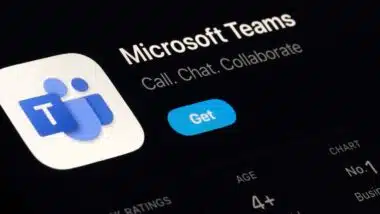

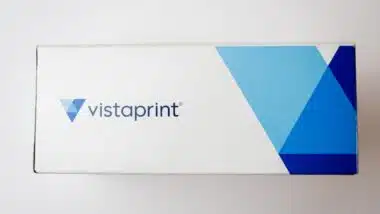

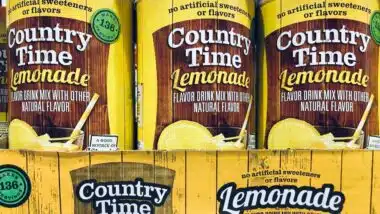

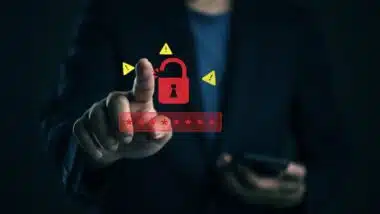
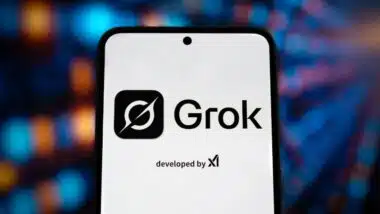
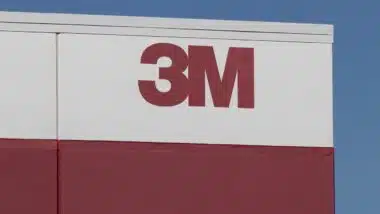
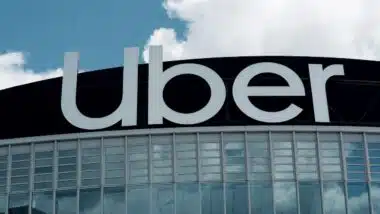


118 thoughts onCredit One Bank lawsuit claims bank placed harassing, deceptive phone calls
Please add me, 6 calls crediting Credit One as the caller, not including 4 other numbers in the last 6 days.
9 to 10 calls daily from Credit One Bank. Easily 60 to 70 calls from them in a week. Not to mention all the spoof calls as well.
Add me
Hello I’m Jayson and I get phone calls from credit one bank around 5 to 6 calls a day and they keep calling back with a different number everyday so usually get about 25 to 30 calls during the week from them I would like to join the class action lawsuit
I keep getting phone calls from credit one bank they spoof phone numbers to get me to pick up the phone and won’t stop calling I would like to join the class action lawsuit
I’ve had over 100 phone calls in the last month plus threatening texts and emails over a tiny behind payment !
8-10 calls a day, no messages, uses multiple masked numbers